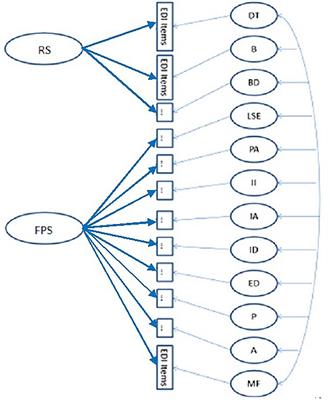EDITORIAL
Published on 01 Jun 2022
Editorial: Eating Disorders and Weight Disorders: Assessment, Early Diagnosis, Prognosis, Treatment Outcome and the Role of Potential Psychological and Social Factors
doi 10.3389/fpsyg.2022.924815
- 1,045 views
19k
Total downloads
97k
Total views and downloads
Select the journal/section where you want your idea to be submitted:
EDITORIAL
Published on 01 Jun 2022
ORIGINAL RESEARCH
Published on 31 Mar 2022

ORIGINAL RESEARCH
Published on 24 Mar 2022

ORIGINAL RESEARCH
Published on 01 Mar 2022

BRIEF RESEARCH REPORT
Published on 18 Feb 2022

CORRECTION
Published on 15 Feb 2022
MINI REVIEW
Published on 27 Jan 2022

ORIGINAL RESEARCH
Published on 15 Dec 2021

ORIGINAL RESEARCH
Published on 19 Nov 2021

METHODS
Published on 22 Oct 2021

BRIEF RESEARCH REPORT
Published on 09 Sep 2021

BRIEF RESEARCH REPORT
Published on 23 Aug 2021

